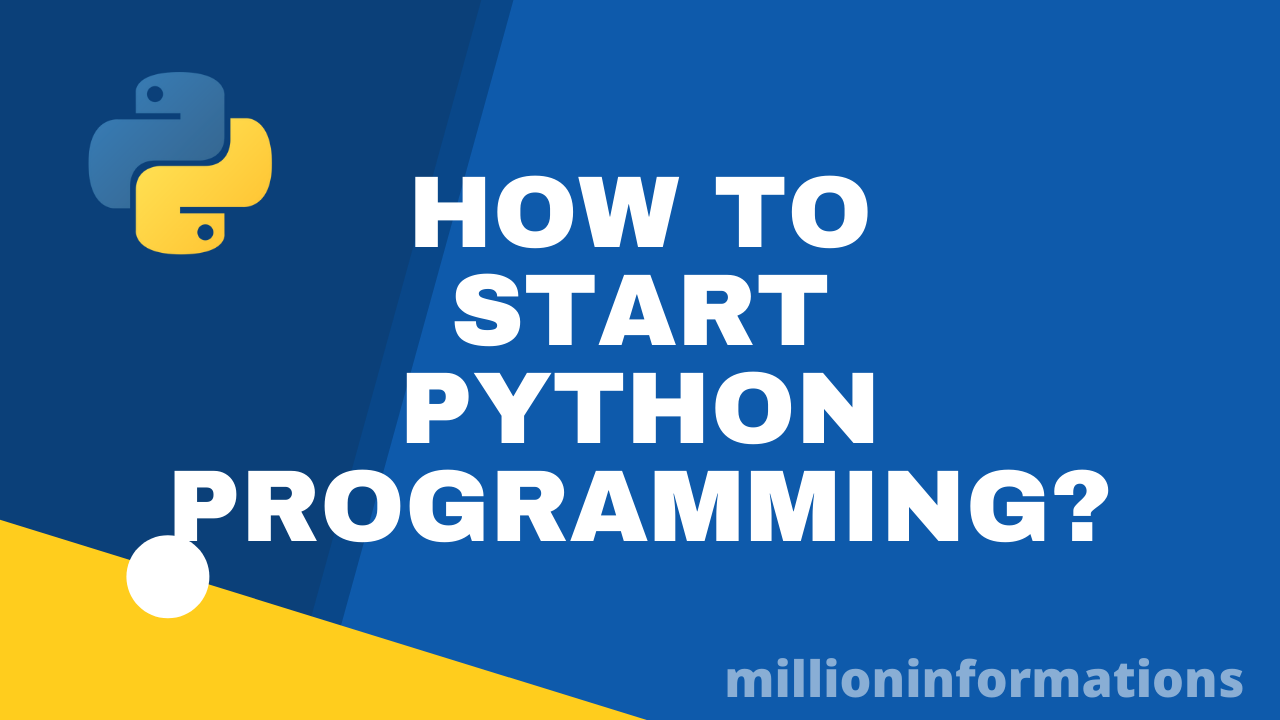Thursday, 30 March 2023
Cloud Computing Tools in 2023
Cloud Computing and Its Tools in 2023 and Beyond A Comprehensive Guide
Cloud computing has revolutionized the way businesses operate in the digital age. By offering on-demand access to a range of computing resources, cloud computing has made it easier for businesses to manage their IT infrastructure, scale their operations, and improve their productivity. In this article, we will discuss cloud computing and its tools in 2023 and beyond.
What is Cloud Computing?
Cloud computing is the delivery of computing services, including servers, storage, databases, networking, software, analytics, and intelligence, over the internet. Cloud computing offers several advantages over traditional on-premise computing, including:
Scalability: Cloud computing allows businesses to scale their IT infrastructure up or down depending on their needs.
Cost-effectiveness: Cloud computing eliminates the need for businesses to invest in expensive hardware and software.
Accessibility: Cloud computing allows businesses to access their IT infrastructure from anywhere, at any time.
Cloud Computing Tools in 2023 and Beyond
Amazon Web Services (AWS): AWS is a cloud computing platform that offers a range of services, including compute, storage, databases, analytics, and machine learning. AWS is one of the most popular cloud computing platforms in the world and is used by businesses of all sizes.
Microsoft Azure: Microsoft Azure is a cloud computing platform that offers a range of services, including compute, storage, databases, analytics, and machine learning. Microsoft Azure is designed to integrate seamlessly with other Microsoft tools, including Office 365 and Power BI.
Google Cloud Platform (GCP): GCP is a cloud computing platform that offers a range of services, including compute, storage, databases, analytics, and machine learning. GCP is designed to integrate seamlessly with other Google tools, including Google Workspace and Google Analytics.
Oracle Cloud Infrastructure (OCI): OCI is a cloud computing platform that offers a range of services, including compute, storage, databases, analytics, and machine learning. OCI is designed to help businesses migrate their existing applications and workloads to the cloud.
Kubernetes: Kubernetes is an open-source container orchestration tool that is used to manage and deploy containerized applications. Kubernetes is designed to help businesses manage their containerized applications at scale.
Docker: Docker is an open-source containerization platform that is used to create, deploy, and run containerized applications. Docker is designed to help businesses streamline their application deployment process and improve their productivity.
Cloud Foundry: Cloud Foundry is an open-source platform that is used to deploy and manage cloud-native applications. Cloud Foundry is designed to help businesses build and deploy applications faster and with more agility.
Conclusion
Cloud computing has become an essential part of the modern business landscape. By offering on-demand access to a range of computing resources, cloud computing has made it easier for businesses to manage their IT infrastructure, scale their operations, and improve their productivity. In 2023 and beyond, businesses can expect cloud computing to continue to evolve, with new tools and technologies being developed to make cloud computing even more accessible, scalable, and cost-effective. By staying up to date with the latest cloud computing tools and technologies, businesses can ensure that they are well-positioned to take advantage of the benefits of cloud computing.




No comments :
Post a Comment